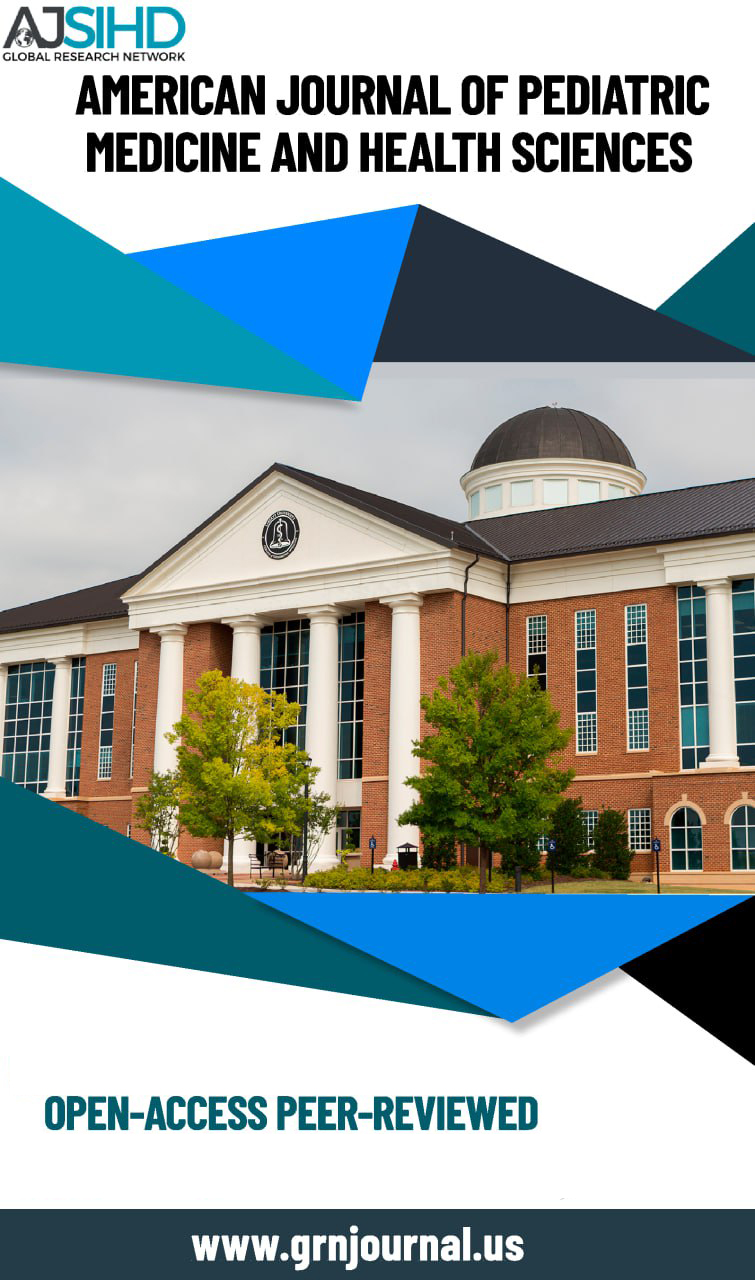The Influence of Communication Skills on Service Effectiveness of Him Practitioners at Delta State University Teaching Hospital
Keywords:
Communication Skills, Health Information Management Practitioners, Service Effectiveness, Linguistic Diversity, Interpersonal RelationshipsAbstract
Introduction: In the realm of healthcare, effective communication is fundamental to delivering high-quality services. Health information management (HIM) practitioners play a crucial role in this context, managing patient records and facilitating information flow within healthcare institutions. This study explores the relationship between communication skills and service effectiveness among HIM practitioners at Delta State University Teaching Hospital Oghara.
Objectives: The primary objective of this study is to investigate the impact of communication skills on service effectiveness among health information management practitioners. Specifically, the study aims to identify existing communication challenges, assess the level of service effectiveness, and explore the relationship between communication skills and workplace outcomes.
Methods of Data Analysis: A descriptive cross-sectional approach was employed to collect data from HIM practitioners at Delta State University Teaching Hospital Oghara. The data was analyzed using descriptive statistics, including frequencies and percentages. Communication challenges were identified, and service effectiveness was assessed through mean scores. The decision rule threshold of 2.5 was used to evaluate the effectiveness of communication skills.
Results: The demographic analysis revealed distinct characteristics among respondents, highlighting prevailing trends in age, marital status, religion, and ethnic background. Communication challenges such as linguistic diversity and the use of jargon were identified. Despite these challenges, positive aspects, including strong interpersonal relationships and the acceptance of local languages, were observed. The study found a significant relationship between communication skills and service effectiveness, with mean scores surpassing the decision rule threshold.
Conclusion: The study emphasizes the critical role of communication skills in shaping service effectiveness among health information management practitioners. Despite challenges, practitioners demonstrated a keen awareness of the impact of effective communication on their work environment. Clear communication, both verbal and non-verbal, emerged as a cornerstone for fostering positive relationships and enhancing overall service quality.
Recommendations: Develop specialized communication training, promote inclusivity, assess skills regularly, encourage interdepartmental collaboration, invest in professional development, involve leadership, and implement patient-centered strategies.








